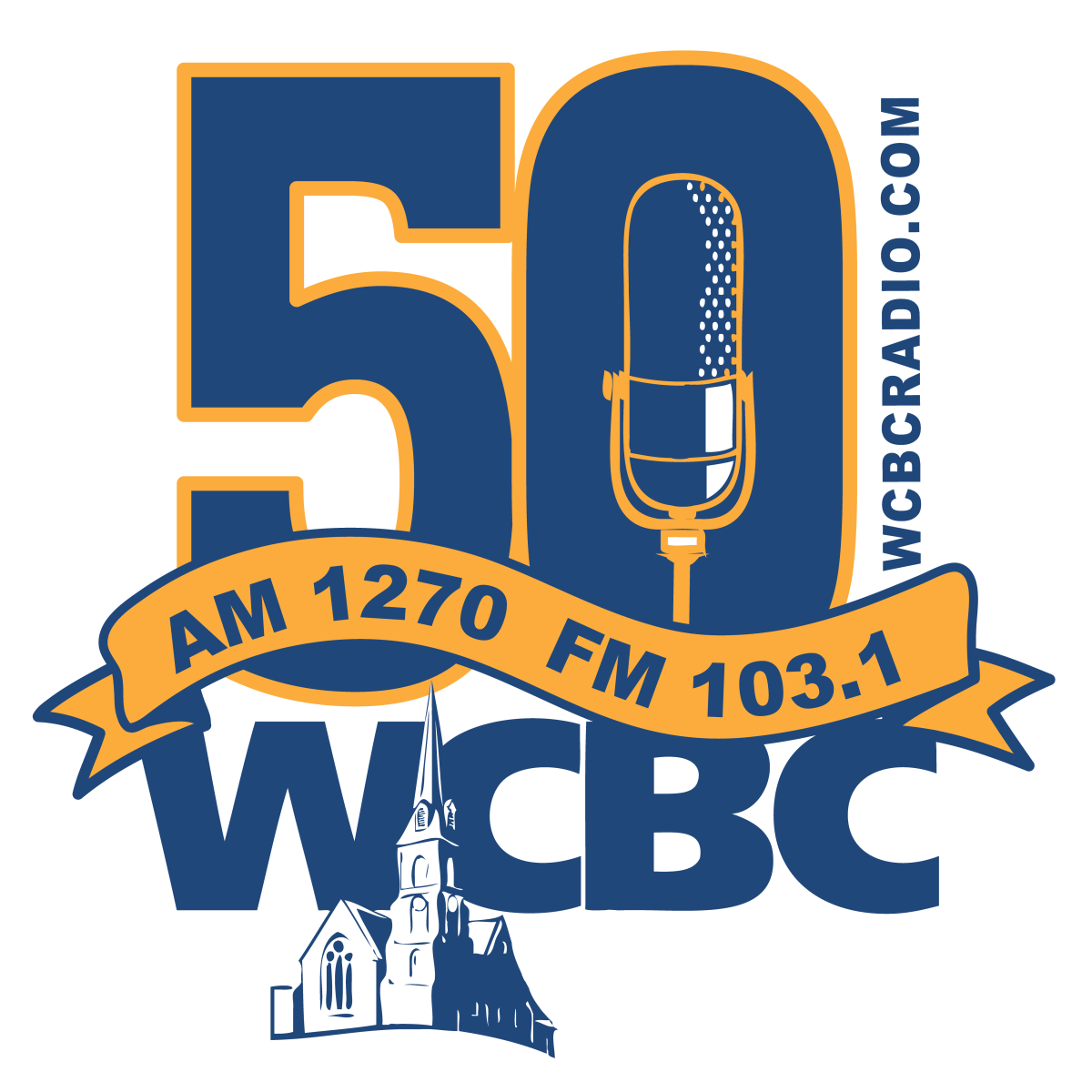July 8th, 2020 by WCBC Radio
The Maryland Department of Health (MDH) today announced the launch of MD Mind Health, a new text-based mental health initiative to fight isolation and encourage mental wellness. The new program was developed by the MDH Behavioral Health Administration (BHA) in partnership with Maryland 211, the state’s crisis hotline.
“Staying connected with family, friends and other support systems is more challenging, and more important than ever,” said MDH Secretary Robert R. Neall. “In difficult times, it can make a difference to know you’re not alone.”
Maryland’s crisis hotline saw a significant increase in volume in recent months, especially in text messages. From March 2019 to March 2020, text messages increased by 842 percent; “chats” increased almost 84 percent; and calls increased almost 25 percent. Between February 2020 (1,619 calls) and March 2020 (2,345 calls), calls to Maryland 211 increased by 45 percent.
The MD Mind Health program is an extension of mental outreach provided by BHA during the pandemic. Texts sent through the program will not only provide supportive mental health messages, but also will remind recipients that immediate access to mental health services is available. If in distress, individuals can call 211, chat through the 211 website, or text 898-211. All actions will link the individual to a call specialist available 24/7.
More than half of Americans — 56 percent — surveyed by the Kaiser Family Foundation in late April, reported that the coronavirus outbreak has caused them to experience at least one negative effect on their mental health, such as problems with sleeping or eating, increased alcohol use, or worsening chronic conditions. Even before COVID-19, anxiety ranked as one of the most common mental health disorders globally.
Text 898-211 to sign up for MD Mind Health to receive encouragement, reminders and resources for staying connected. Messages include tips about self-compassion and self-care, concrete suggested actions, recommended podcasts and apps, inspirational quotes and information on how to find community resources and get help if needed.
“Physical distancing has left many feeling more alone and isolated, and these feelings can fuel sadness, depression, cravings for substances and relapse, negative coping skills, thoughts of suicide and other mental health problems,” said Dr. Aliya Jones, Deputy Secretary for BHA. “We must find healthy ways to respond. Even though we may not be seeing as much of each other, we don’t have to feel alone. This texting initiative is another way to combat that.”
Text messaging is a low-cost intervention that can reach individuals across the state, especially in rural areas with limited access to some services. Texting may be the best way to connect with teens and young adults, as surveys have indicated it is a preferred way to communicate.
MD Mind Health uses the Prevention Pays Platform which is based on Caring Contacts, an evidenced-based suicide prevention program. Caring Contacts supplements standard care by promoting human connectedness through caring messages.
MD Mind Health is the latest in a growing list of new and established resources BHA is providing and promoting to support behavioral health in the time of COVID-19. Resources developed for the public also include: a Recovery and Wellness Resource guide, a Deaf and Hard of Hearing Communication guide, PSAs on anxiety and depression, and an extensive list of webinars, support groups, and info guides for clinicians and the general public.
People in crisis can get immediate help by calling Maryland’s crisis hotline (211, press 1), the National Suicide Prevention Lifeline (1-800-273-TALK), or SAMHSA's national emergency number (1-800-273-8255). Maryland veterans can also enroll in Operation Roll Call (1-877-770-4801) — a program that offers regular check-in calls and a chance to talk to someone who can offer support.
Information and resources regarding COVID-19 are available at coronavirus.maryland.gov.

















